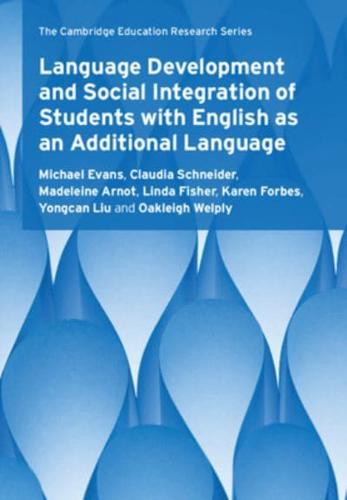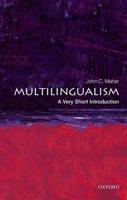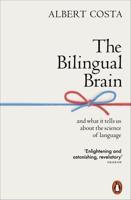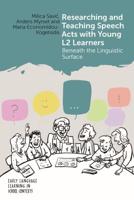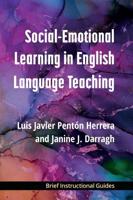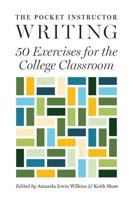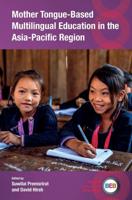Publisher's Synopsis
Given the current context of the experience of migration on schools in England and Europe, and the competing policies and approaches to social integration in schools, there is a need to understand the connection between language development and social integration as a basis for promoting appropriate policies and practices. This volume explores the complex relationship between language, education and the social integration of newcomer migrant children in England, through an in-depth analysis of case studies from schools in the East of England. The authors set this evidence against the background of policy debates in the wider international setting, including a critical discussion of assumptions underlying national narratives of mainstreaming and assimilation. In the light of an absence of national guidelines for appropriate practice in schools, the authors outline a model of inclusive pedagogy for English as an additional language (EAL) and a framework of home-school communication to promote effective EAL parental engagement in schools.
